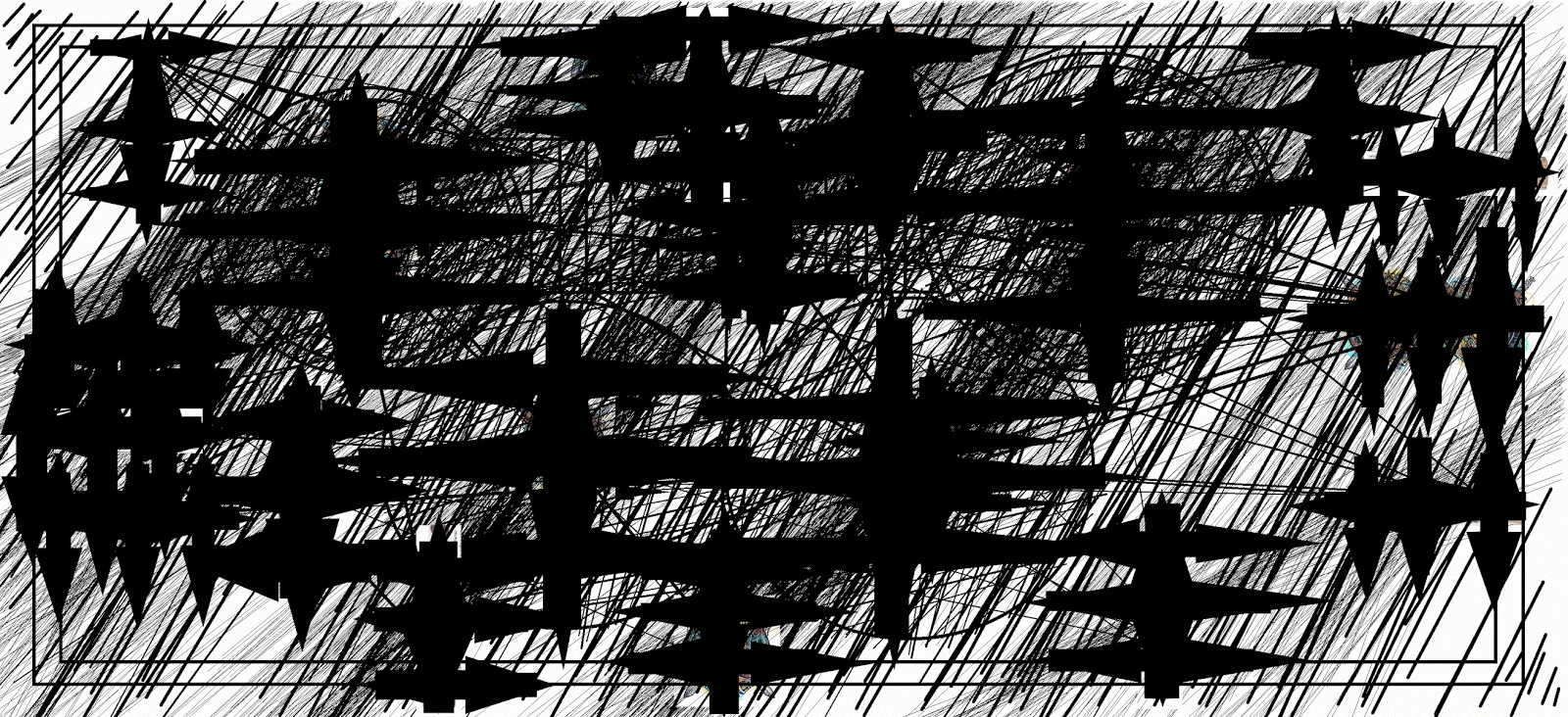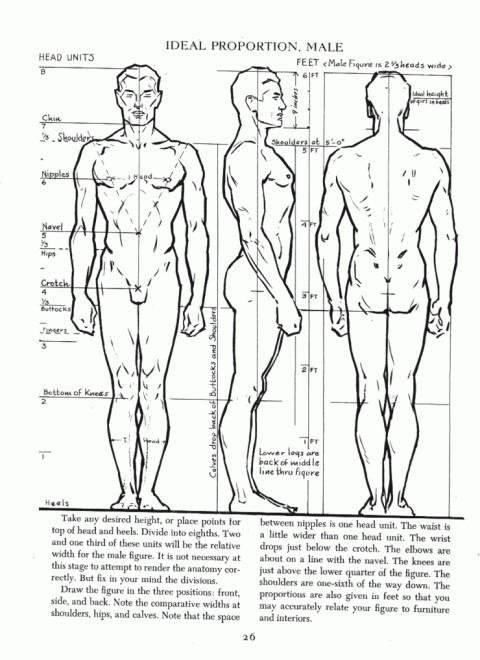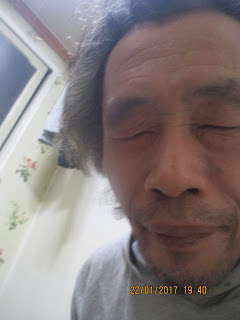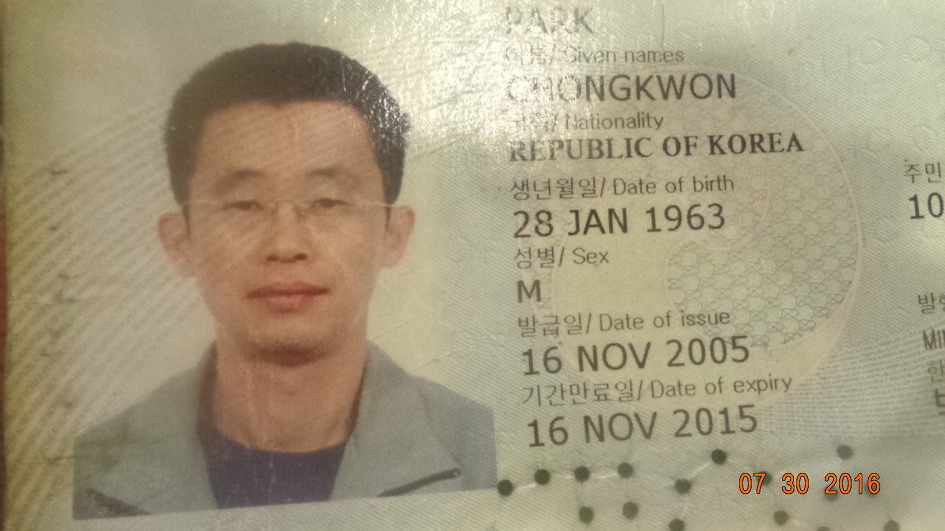AKKADIAN CIVILIZATIONS - KURDS
AKKADIAN CIVILIZATIONS - KURDS.
Pleiades的規律的第1條的.
元本來的地球人的朴鐘權은, 恒常, 반드시, 언제나, 最小的 半神的流體를 維持하며, 地球的ETHER的物質界的以下로는 내려가지 아니함으로 處理規律되었다. 이는 플레이아데스 規律第1條, ANA-PLEIADES規律第1條로서 處理規律되었다. BYTHEPLEIADESTHESUPREMEBEINGS적.
본 시리즈는 다만, 취미활동을 목적으로 작성되었다.
This series got asa hobby.
Akkadian Empire
Democracy (Greek: δημοκρατία dēmokratía, literally "Rule by 'People'") is a system of government where the citizens exercise power by voting. In a direct democracy, the citizens as a whole form a governing body and vote directly on each issue. In a representative democracy the citizens elect representatives from among themselves. These representatives meet to form a governing body, such as a legislature. In a constitutional democracy the powers of the majority are exercised within the framework of a representative democracy, but the constitution limits the majority and protects the minority, usually through the enjoyment by all of certain individual rights, e.g. freedom of speech, or freedom of association.[1][2] "Rule of the majority" is sometimes referred to as democracy.[3] Democracy is a system of processing conflicts in which outcomes depend on what participants do, but no single force controls what occurs and its outcomes.
The uncertainty of outcomes is inherent in democracy, which makes all forces struggle repeatedly for the realization of their interests, being the devolution of power from a group of people to a set of rules.[4] Western democracy, as distinct from that which existed in pre-modern societies, is generally considered to have originated in city-states such as Classical Athens and the Roman Republic, where various schemes and degrees of enfranchisement of the free male population were observed before the form disappeared in the West at the beginning of late antiquity. The English word dates back to the 16th century, from the older Middle French and Middle Latin equivalents.
According to American political scientist Larry Diamond, democracy consists of four key elements: a political system for choosing and replacing the government through free and fair elections; the active participation of the people, as citizens, in politics and civic life; protection of the human rights of all citizens; a rule of law, in which the laws and procedures apply equally to all citizens.[5] Todd Landman, nevertheless, draws our attention to the fact that democracy and human rights are two different concepts and that "there must be greater specificity in the conceptualisation and operationalization of democracy and human rights".[6]
The term appeared in the 5th century BC to denote the political systems then existing in Greek city-states, notably Athens, to mean "rule of the people", in contrast to aristocracy (ἀριστοκρατία, aristokratía), meaning "rule of an elite". While theoretically these definitions are in opposition, in practice the distinction has been blurred historically.[7] The political system of Classical Athens, for example, granted democratic citizenship to free men and excluded slaves and women from political participation. In virtually all democratic governments throughout ancient and modern history, democratic citizenship consisted of an elite class, until full enfranchisement was won for all adult citizens in most modern democracies through the suffrage movements of the 19th and 20th centuries.
Democracy contrasts with forms of government where power is either held by an individual, as in an absolute monarchy, or where power is held by a small number of individuals, as in an oligarchy. Nevertheless, these oppositions, inherited from Greek philosophy,[8] are now ambiguous because contemporary governments have mixed democratic, oligarchic and monarchic elements. Karl Popper defined democracy in contrast to dictatorship or tyranny, thus focusing on opportunities for the people to control their leaders and to oust them without the need for a revolution.[9]
Pleiades的規律的第1條的.
元本來的地球人的朴鐘權은, 恒常, 반드시, 언제나, 最小的 半神的流體를 維持하며, 地球的ETHER的物質界的以下로는 내려가지 아니함으로 處理規律되었다. 이는 플레이아데스 規律第1條, ANA-PLEIADES規律第1條로서 處理規律되었다. BYTHEPLEIADESTHESUPREMEBEINGS적.
본 시리즈는 다만, 취미활동을 목적으로 작성되었다.
This series got as
Akkadian Empire
Democracy (Greek: δημοκρατία dēmokratía, literally "Rule by 'People'") is a system of government where the citizens exercise power by voting. In a direct democracy, the citizens as a whole form a governing body and vote directly on each issue. In a representative democracy the citizens elect representatives from among themselves. These representatives meet to form a governing body, such as a legislature. In a constitutional democracy the powers of the majority are exercised within the framework of a representative democracy, but the constitution limits the majority and protects the minority, usually through the enjoyment by all of certain individual rights, e.g. freedom of speech, or freedom of association.[1][2] "Rule of the majority" is sometimes referred to as democracy.[3] Democracy is a system of processing conflicts in which outcomes depend on what participants do, but no single force controls what occurs and its outcomes.
The uncertainty of outcomes is inherent in democracy, which makes all forces struggle repeatedly for the realization of their interests, being the devolution of power from a group of people to a set of rules.[4] Western democracy, as distinct from that which existed in pre-modern societies, is generally considered to have originated in city-states such as Classical Athens and the Roman Republic, where various schemes and degrees of enfranchisement of the free male population were observed before the form disappeared in the West at the beginning of late antiquity. The English word dates back to the 16th century, from the older Middle French and Middle Latin equivalents.
According to American political scientist Larry Diamond, democracy consists of four key elements: a political system for choosing and replacing the government through free and fair elections; the active participation of the people, as citizens, in politics and civic life; protection of the human rights of all citizens; a rule of law, in which the laws and procedures apply equally to all citizens.[5] Todd Landman, nevertheless, draws our attention to the fact that democracy and human rights are two different concepts and that "there must be greater specificity in the conceptualisation and operationalization of democracy and human rights".[6]
The term appeared in the 5th century BC to denote the political systems then existing in Greek city-states, notably Athens, to mean "rule of the people", in contrast to aristocracy (ἀριστοκρατία, aristokratía), meaning "rule of an elite". While theoretically these definitions are in opposition, in practice the distinction has been blurred historically.[7] The political system of Classical Athens, for example, granted democratic citizenship to free men and excluded slaves and women from political participation. In virtually all democratic governments throughout ancient and modern history, democratic citizenship consisted of an elite class, until full enfranchisement was won for all adult citizens in most modern democracies through the suffrage movements of the 19th and 20th centuries.
Democracy contrasts with forms of government where power is either held by an individual, as in an absolute monarchy, or where power is held by a small number of individuals, as in an oligarchy. Nevertheless, these oppositions, inherited from Greek philosophy,[8] are now ambiguous because contemporary governments have mixed democratic, oligarchic and monarchic elements. Karl Popper defined democracy in contrast to dictatorship or tyranny, thus focusing on opportunities for the people to control their leaders and to oust them without the need for a revolution.[9]
ELF 種族的 特性은, 最强의 戰鬪能力과 더불어서, SMART함과 洗鍊됨 그리고 魔法的 神秘의 特性에 있다고 할수 있으리라.
우리가 PLEIADES人들을 처음 半間接的으로 보았을 때, 우리는 PLEIADES人들이 어딘지 모르게 折半은 ELF種族的 特性을 가진 듯 하다는 느낌을 가진다.
中東(이집트, 이스라엘 제외)은 어딘지 모르게 便安한 느낌과 따스한 느낌으로 다가온다.








































































































































댓글
댓글 쓰기